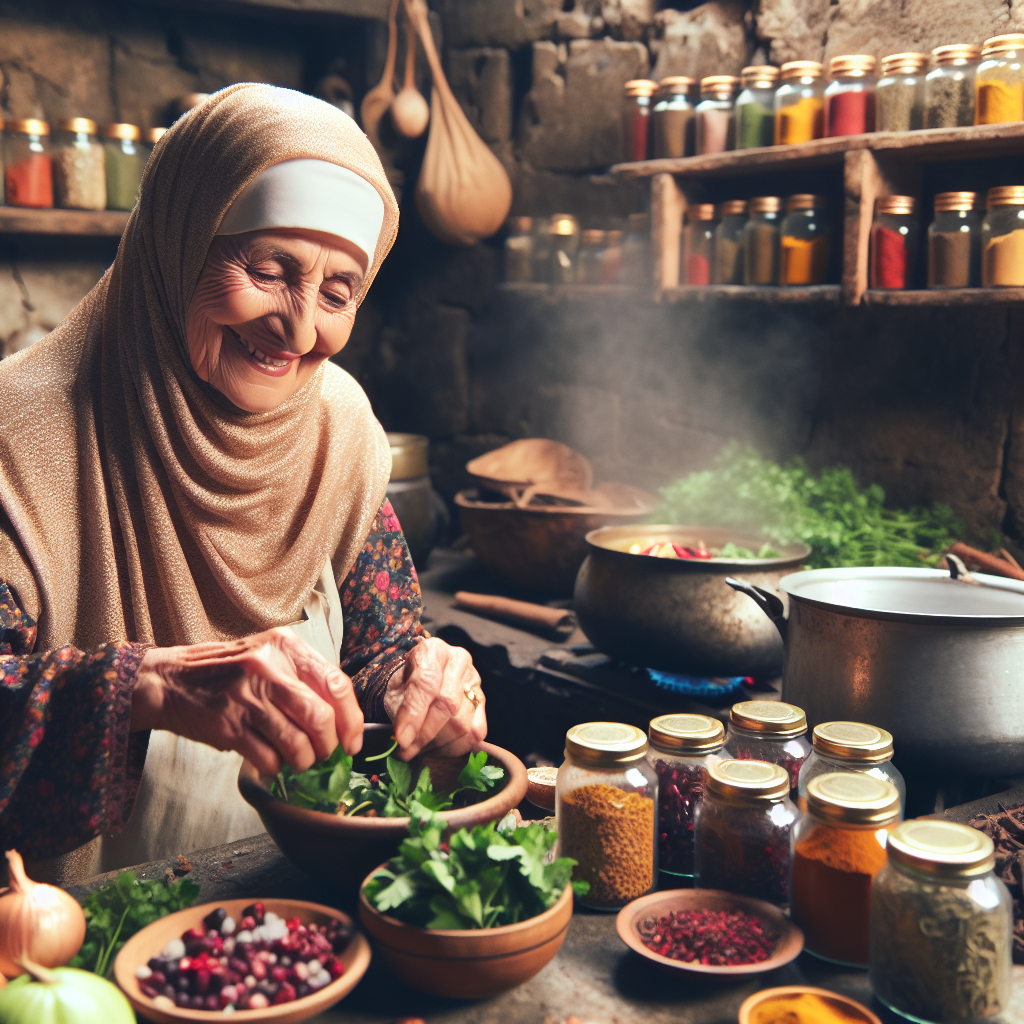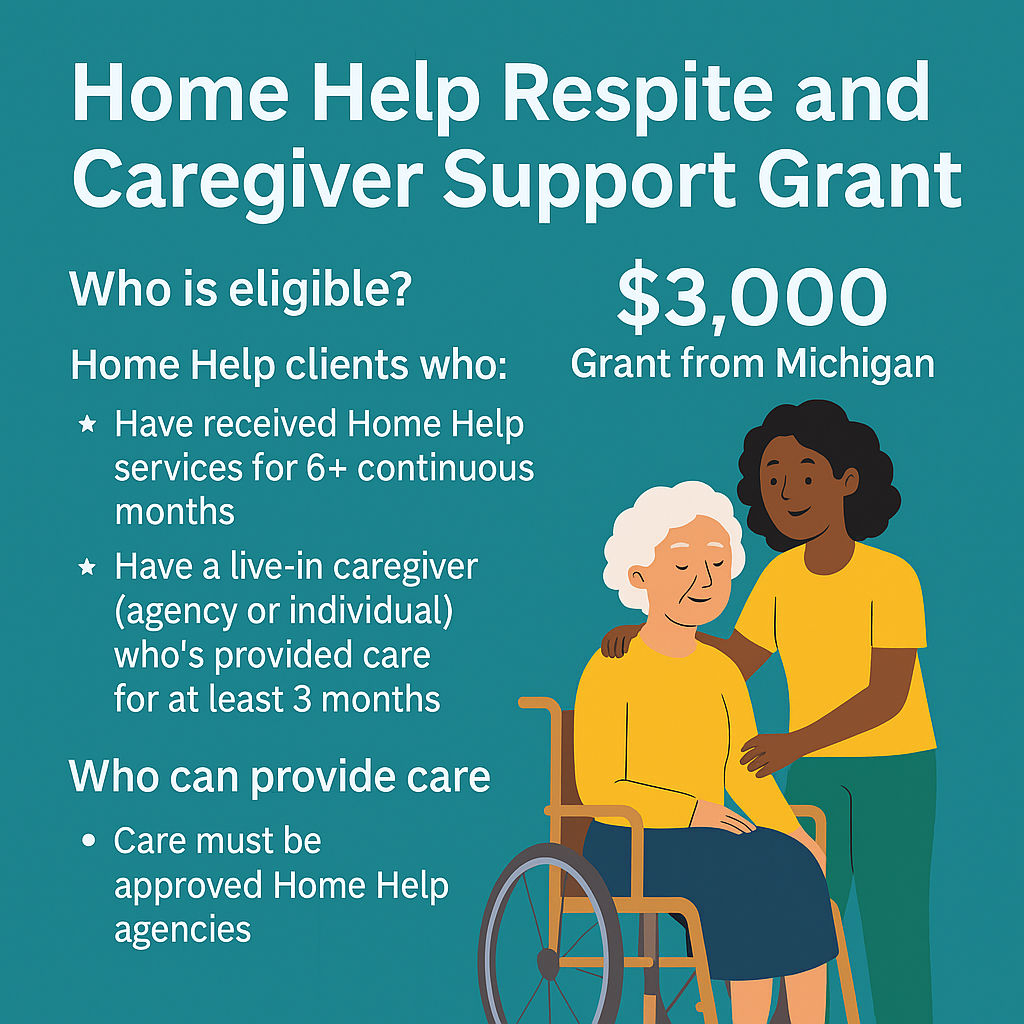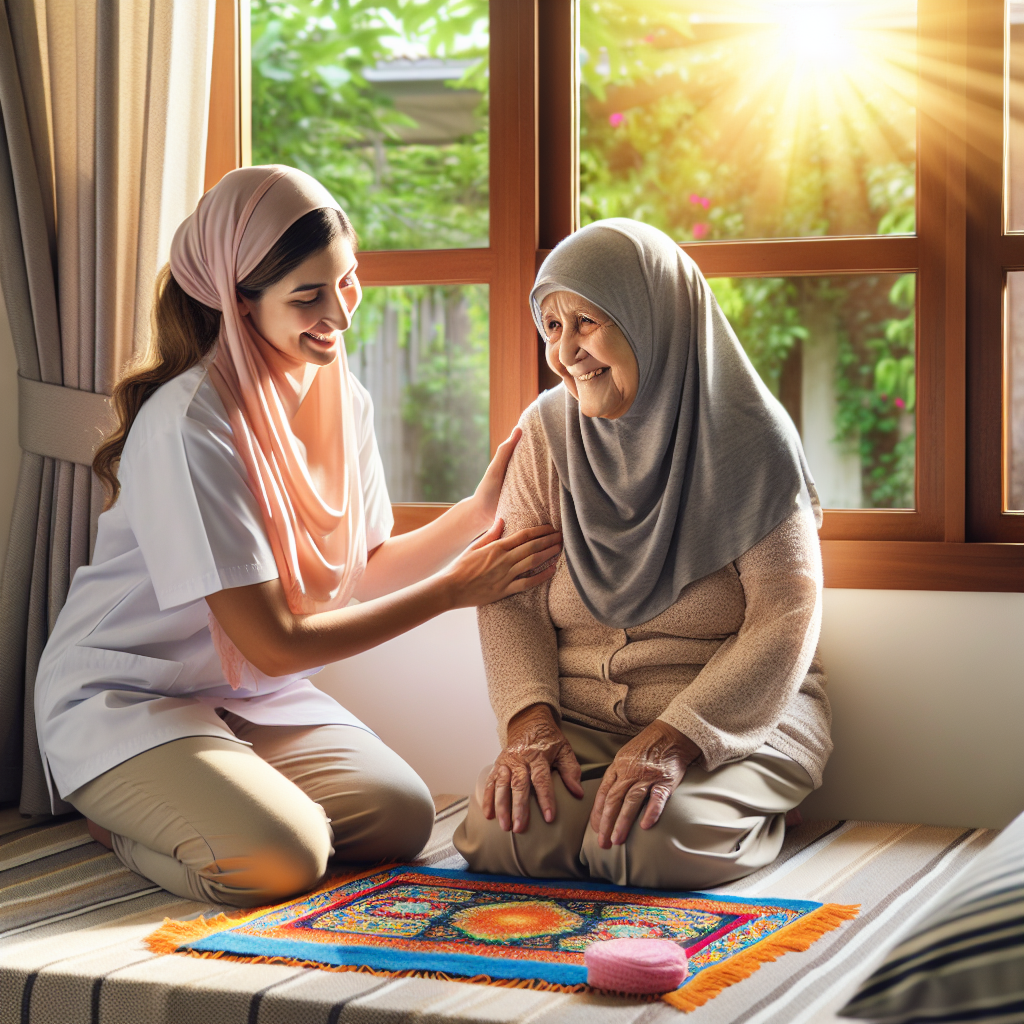Integrating Cultural Foods into Nutritional Care for Muslim Seniors
Explore how Islamic Home Care of America incorporates beloved cultural foods into the dietary plans for Muslim seniors, enhancing their overall well-being.

Imagine walking into your grandmother's home, greeted by the aroma of fresh-baked naan and the rich scent of warming spices, reminding you of countless family gatherings. For many Muslim seniors, these scents and flavors are more than just comfort; they are a connection to roots, faith, and cherished memories.
At Islamic Home Care of America, we recognize the vital role that cultural foods play in the lives of our elders. As caregivers, integrating halal and culturally familiar foods into the nutritional care plans of seniors is not just about nourishment; it's about respecting traditions, fostering joy, and promoting overall well-being.
Why Cultural Foods Matter in Senior Care
Our seniors have spent a lifetime crafting special dishes that reflect their heritage, often passing down recipes like treasured secrets. These meals were part of their daily lives and significant celebrations. Embracing these elements in their dietary care offers more than just physical sustenance.
The Emotional Benefits
- Comfort and Familiarity: In a time of change, familiar foods provide a comforting constant.
- Nostalgia: Tasting foods from their past can trigger happy memories and conversations about their rich life experiences.
The Health Benefits
- Balanced Nutrition: Many cultural foods are naturally nutrient-dense, incorporating a variety of wholesome ingredients.
- Improved Appetite: Seniors are more likely to eat when meals are appetizing and reminiscent of flavors they love.
Integrating Halal and Cultural Foods
To ensure that our seniors maintain a balanced diet that respects their religious beliefs and preferences, it’s essential to take an informed and sensitive approach.
Practical Tips for Caregivers
- Discuss Preferences: Talk to seniors and their families about favorite dishes and ingredients.
- Include Familiar Spices: Use traditional spices like turmeric, cumin, and coriander for flavor.
- Ensure Halal Compliance: Verify that all meats and certain prepared foods meet halal standards.
- Encourage Hydration: Traditional drinks like mint tea can encourage fluid intake.
Overcoming Challenges
While it's rewarding to integrate these beloved foods, there are challenges to consider, such as dietary restrictions due to health conditions.
Balancing Health and Tradition
- Adapt Recipes: Modify traditional recipes to reduce salt, fat, or sugar as necessary, without losing their essence.
- Regular Check-Ups: Collaborate with healthcare providers to monitor nutrition and health changes.
By remaining patient and adaptable, caregivers can creatively solve the challenges that come with dietary care.
The stories of our elders, reflected in the meals we share, enrich our understanding and appreciation of their lives. Every meal is an opportunity to honor their past, while nourishing their present.
As we gather around the table, let us turn mealtime into a celebration of life, love, and heritage, ensuring that our seniors feel valued and connected in every bite they take.





